Audi AG is expanding its high-voltage battery production for electric vehicles at its Neckarsulm plant, as the OEM for what it describes as a “transformed auto industry”.
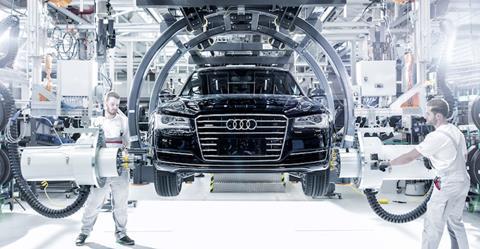
As part of an incremental expansion, the German carmaker plans to develop its technical development of complete high-voltage battery portfolios for fully electric vehicles. A battery centre for testing high-voltage storage technologies is also set to begin operations at the site in 2023.
According to the company, employees have been trained for the ramp-up since the end of last year. Specialisation in the field of high-voltage batteries has been prioritised, and Audi will offer its employees at the Neckarsulm Technical Development unit several advanced training opportunities in the future.
While high-voltage batteries for plug-in hybrids (PHEV) are already being built at Neckarsulm, the development of complete high-voltage battery portfolios for fully electric vehicles is being settled at the location and gradually expanded.
“High-voltage batteries and electric engines make up an important strategic component of future value creation in a transformed auto industry. That is why we are systematically expanding our competency in developing these components,” says Oliver Hoffmann, Member of the Board for Technical Development at Audi.
Since the means for PHEV high-voltage battery development are already in place, the location is ready for also developing the complete high-voltage battery portfolio.
Neckarsulm will become the primary location of Audi personnel working with high-voltage battery development. This will also take place in collaboration with high-voltage battery development at the Ingolstadt site.
The battery centre will serve as a base for pilot projects. Starting in 2023, employees with additional training who previously worked at the testing facility for combustion engines will be testing prototypes of new high-voltage storage modules for various EVs.
Several ongoing construction projects highlight Audi’s focus on expanding the Neckarsulm site, including a new multi-function building for the Technical Development unit, which is set to be completed in late 2022 and the new paint shop by 2025. A new building for assembly is also already geared toward mixed production and future e-models. Audi’s forefront EV model - the new e-tron GT - will be manufactured in the “Böllinger Höfe” plant.
This announcement follows a significant drop in production by the OEM this year. In May, Audi confirmed that it would place 10,000 employees working at the Ingolstadt and Neckarsulm assembly plants in Germany on reduced hours the following month.
The drop in output was resultant from the global shortage in the supply of semiconductors, which is having a global impact on the automotive industry, seeing a number of car manufacturers lower production.
A previous 10,000 workers were put on furlough in July due to the supply shortage.
The expansion indicates that, despite experts forecasting the shortage to last throughout 2022, OEMs are circumventing the crisis.
“As things currently stand, we expect the supply situation to remain challenging over the coming months,” an Audi spokesperson told Automotive Logistics in May. “Depending on the supply situation, Audi will do everything in its power to make up for the production shortfall to the greatest possible extent over the course of the year. The main priority is to reduce the high order backlog.”





























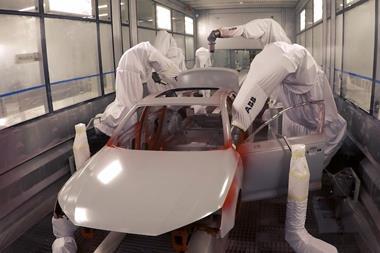
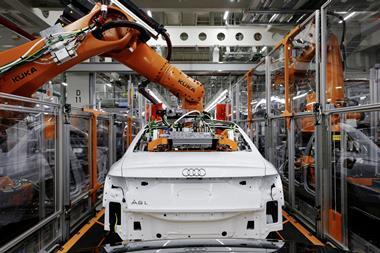
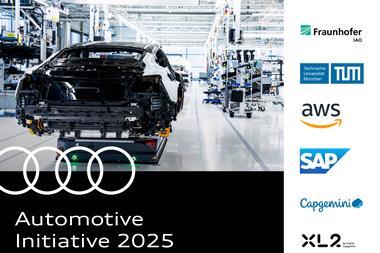
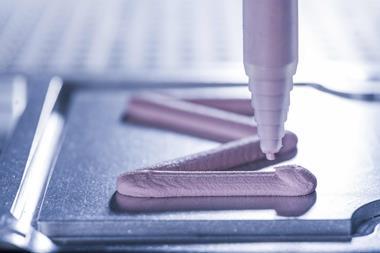
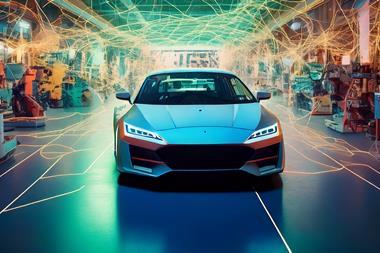
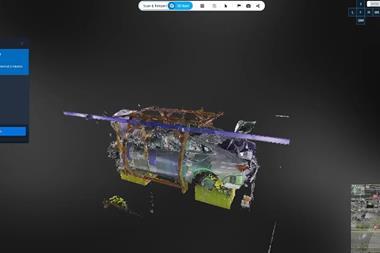



No comments yet